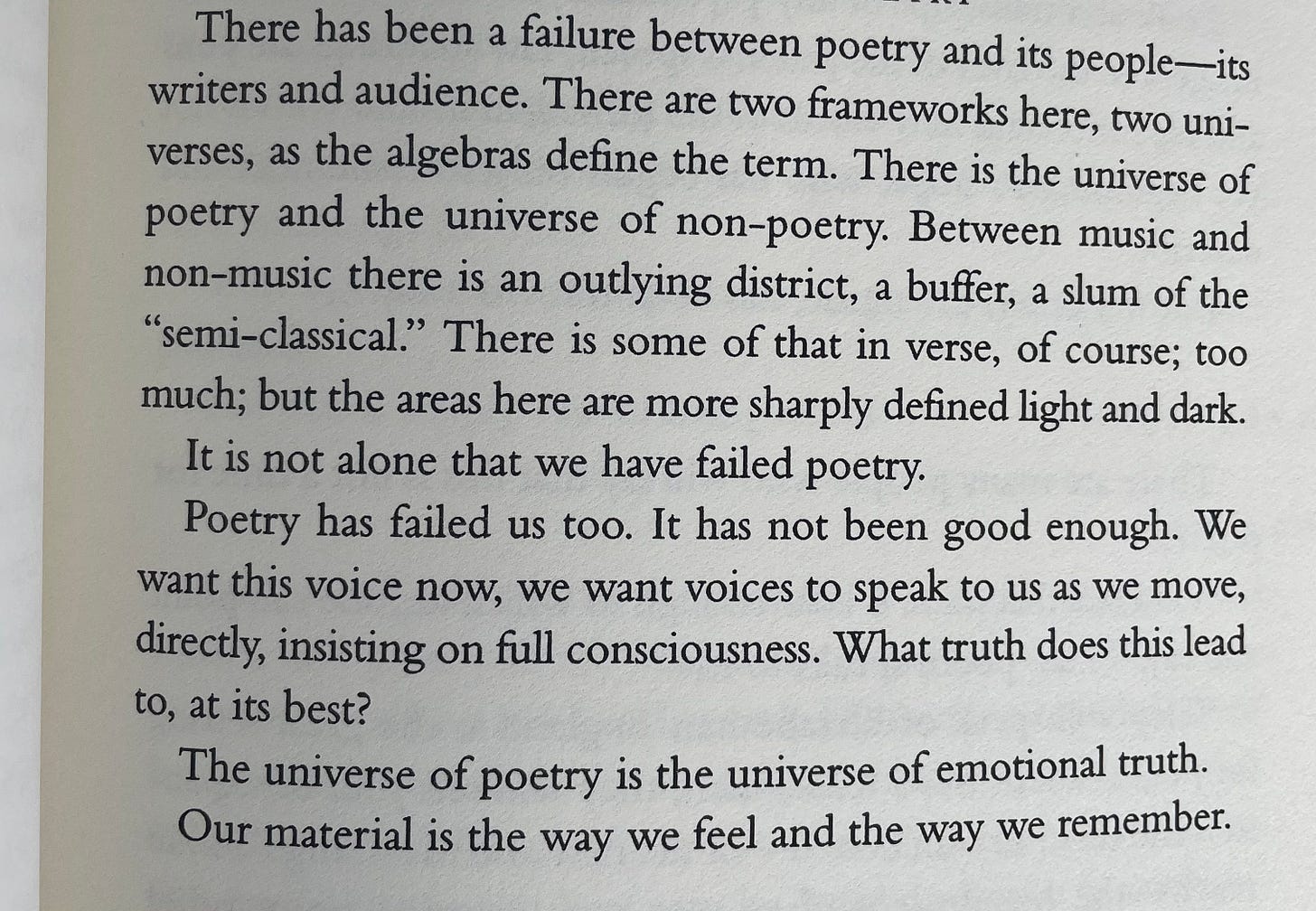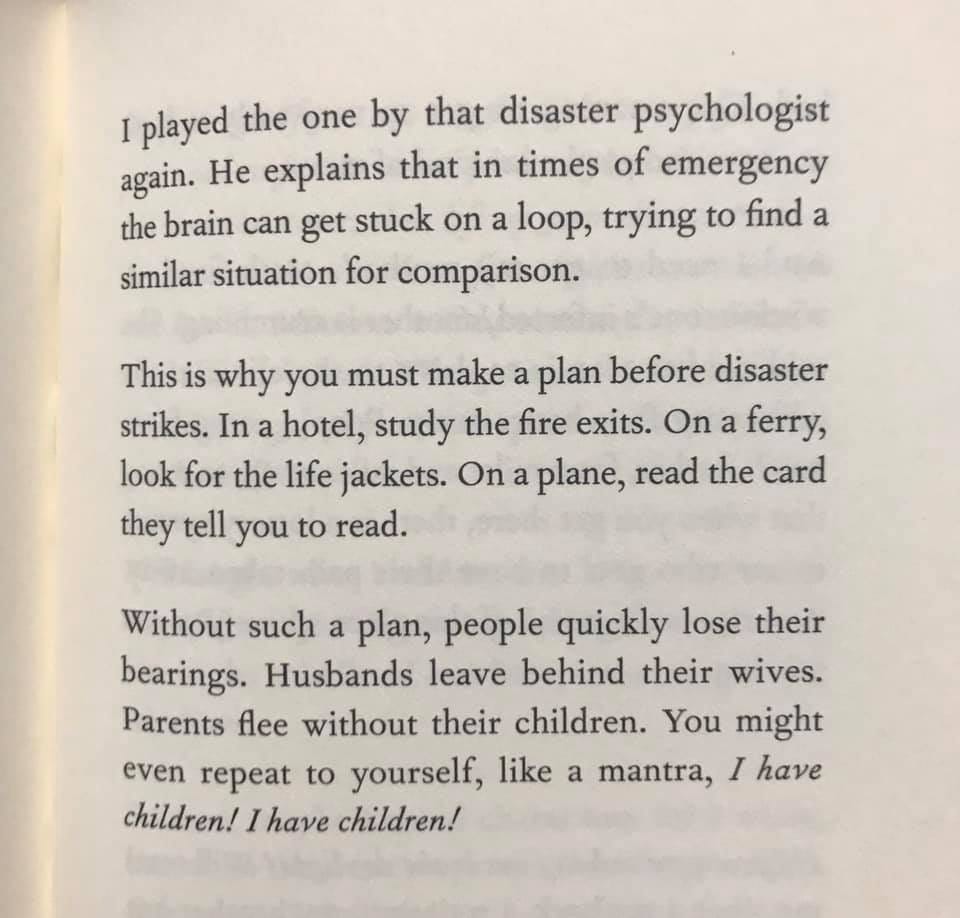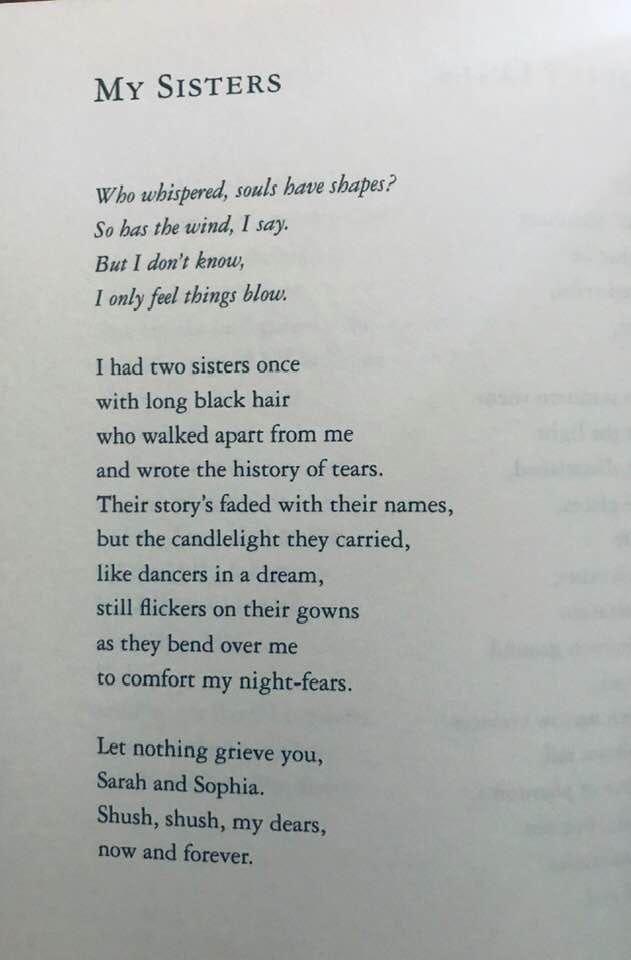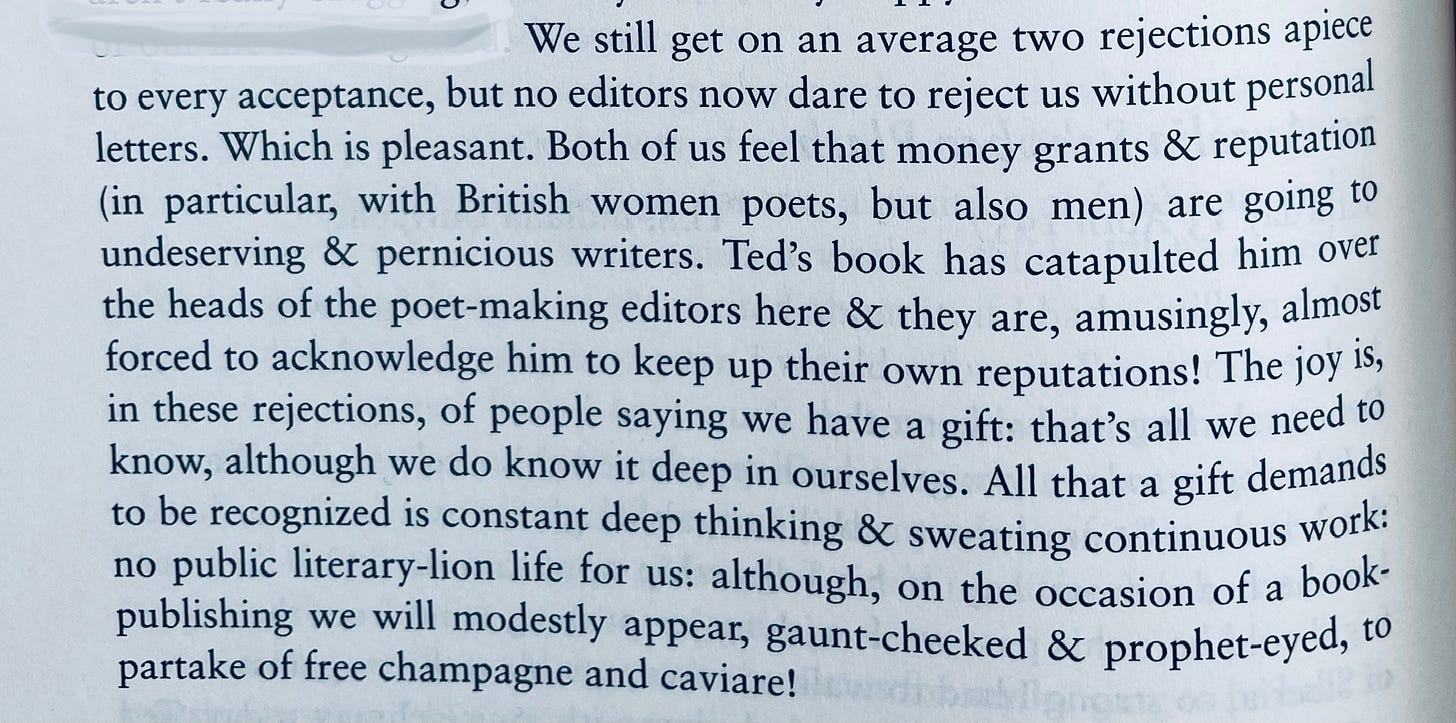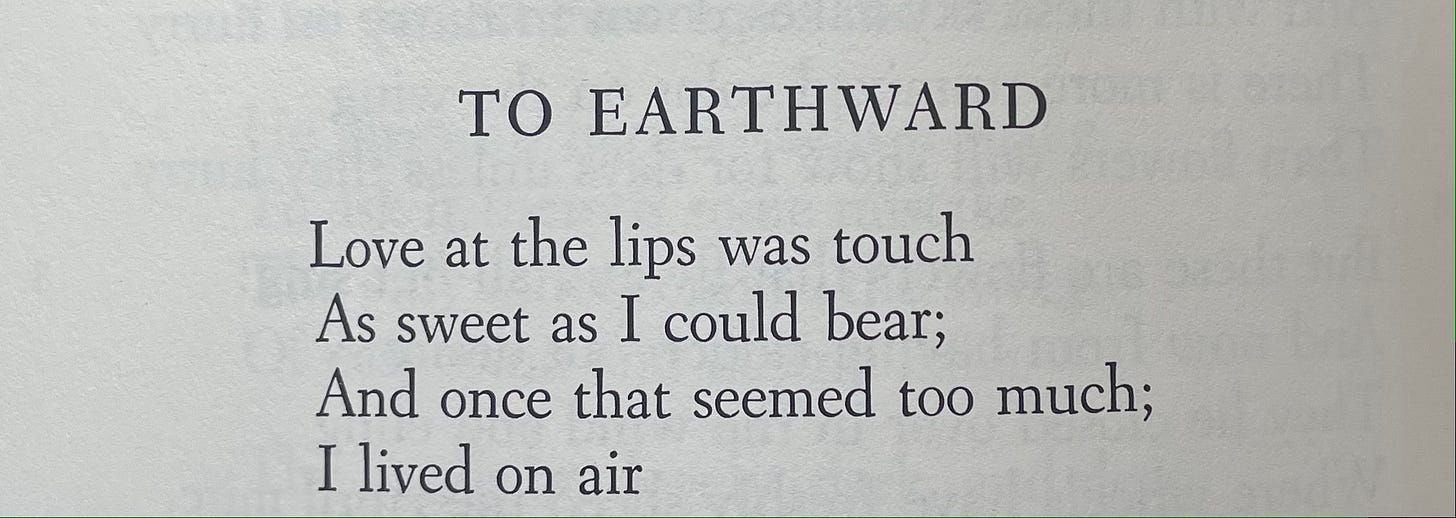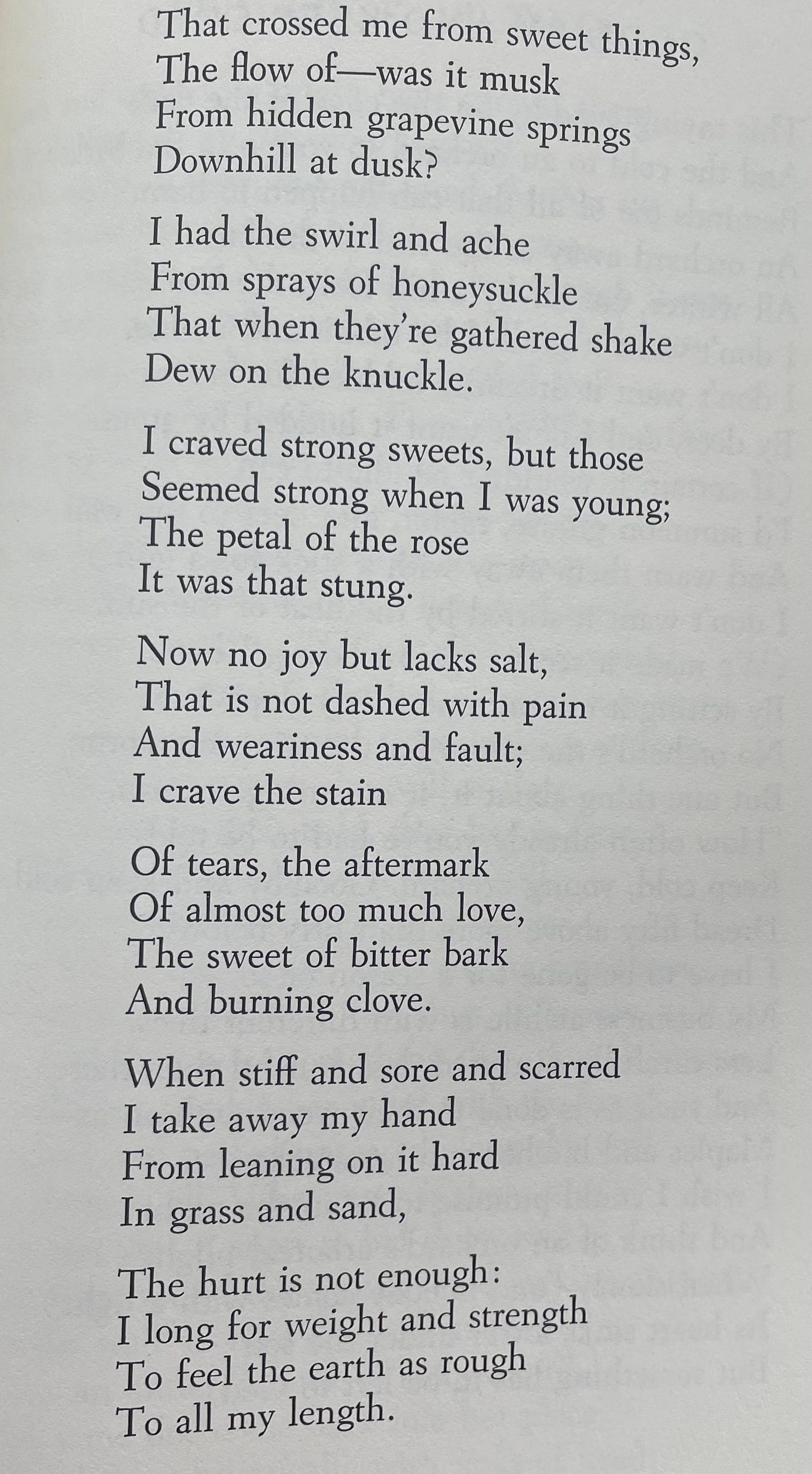Muriel Rukeyser:
Jenny Offill:
Stanley Kunitz:
Jane Mead:
The way I feel it, the white space that follows any given poem in that book, and precedes the little fragment at the corner of an otherwise blank page following the poem, represents the silence preceding the arrival of a new take on the subject, and the fragment, in a sense, is a response to the poem made possible by that clearing or field. In other words, the fragments speak back from a far place, not immediately related to the poem, and the white space enables that journey.
Sylvia Plath to Aurelia Plath, April 13, 1957:
William Meredith, on only averaging about six poems per year:
I’ll say this because it may be interesting or important: I think it is because poetry and experience should have an exact ratio. Astonishing experience doesn’t happen very often. Daily experience is astonishing on a level at which you can write a poem, but astonishing experience would be the experience that is not astonishment of reality but astonishment of insight. It is for me, as a lyric poet, to make poems only out of insights that I encounter. Robert Frost used to say, “How many things have to happen to you before something occurs to you?”
Robert Frost:
About Sean Singer
Sean Singer Editorial Services
Subscribe to The Sharpener
The paid-subscriber version of The Sharpener includes craft pieces on literary fixes, deep dives into poets on their birthdays and memorials, information about professional literacy and labor issues for writers, and detailed citations and analyses of the poems I’m reading.


